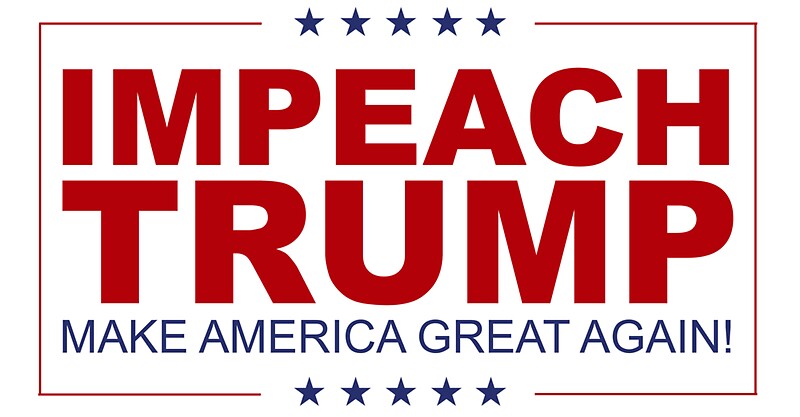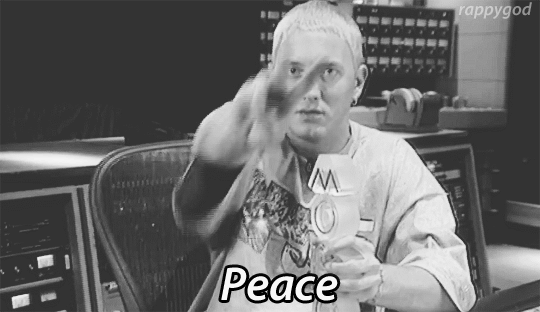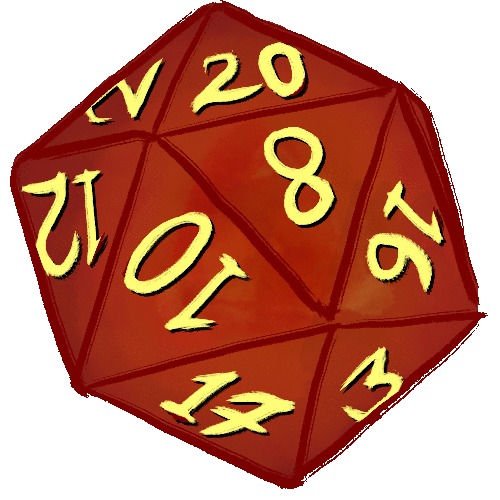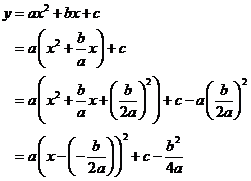"The Storm" (Freestyle) https://t.co/QLPjtgS5n3
— Marshall Mathers (@Eminem) October 11, 2017
Eminem made a bold decision on October tenth of this year: making a rap that he called, “The Storm.” But this was no ordinary rap, nor was it one to show that he is coming back after a while of not producing anything: a rap about our current president, Donald Trump. Although Marshall Mathers (Eminem) might fit the description of a Trump supporter, this rap discussed how awful of a president Trump is and that we should impeach him. He makes many references throughout the rap, most about Trump but some unrelated and a logical fallacy.
One of the more obvious but very serious references was “But we better give Obama props ‘Cause what we got in office now’s a kamikaze That’ll probably cause a nuclear holocaust.” Mathers was referring to Trump almost starting a nuclear war with Kim Jong Un and North Korea. Obviously, this is not good for the President of the United States to do, so Mathers would definitely criticize Trump harshly for it. However, not everything Mathers talked about in the rap was that serious; he even makes a reference to the Thing from Fantastic Four. “Racism’s the only thing he’s fantastic for (Fantastic Four) ‘Cause that’s how he gets his fuckin’ rocks off and he’s orange Yeah, sick tan.” Mathers concludes his rap with an Either/or logical fallacy, stating that you either support him or Trump (but not both). This indicates how serious he is about his opinion on Trump and that if you do support Trump then he does not want you to support him anymore.







